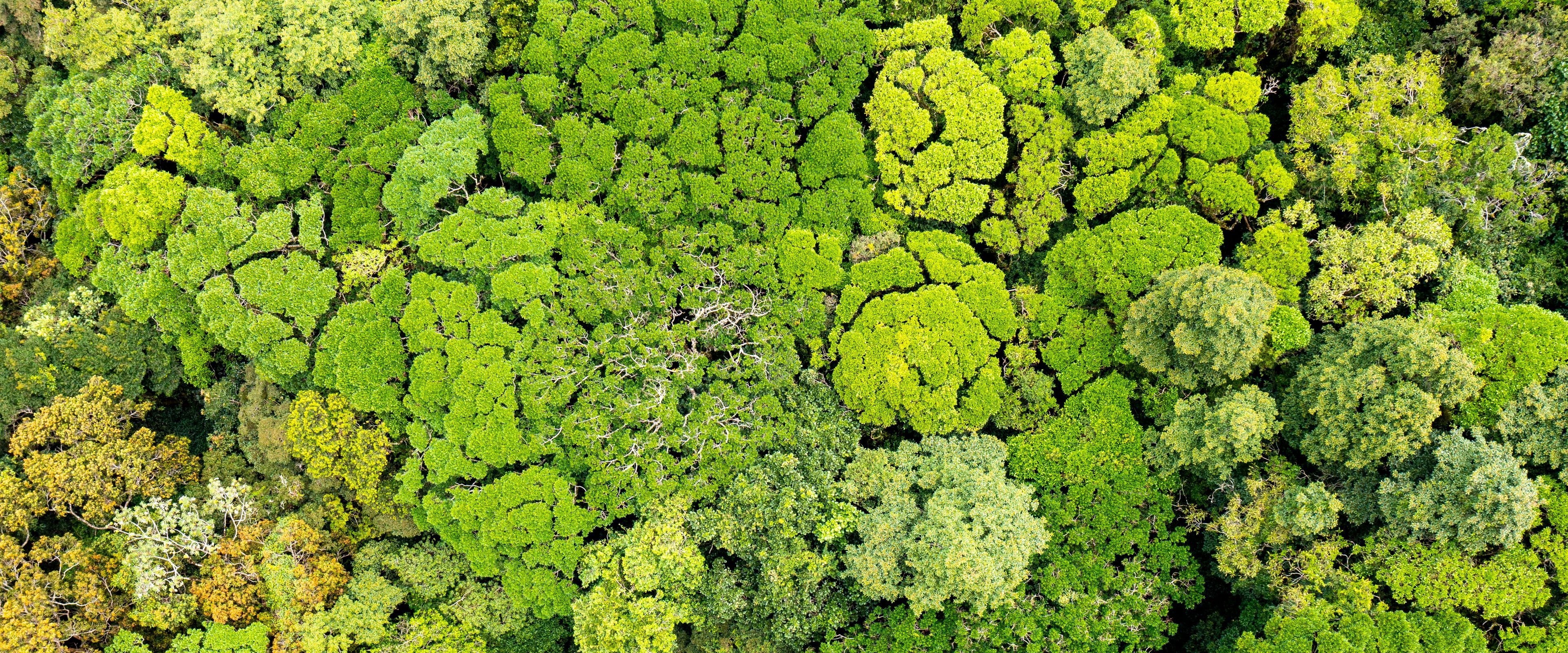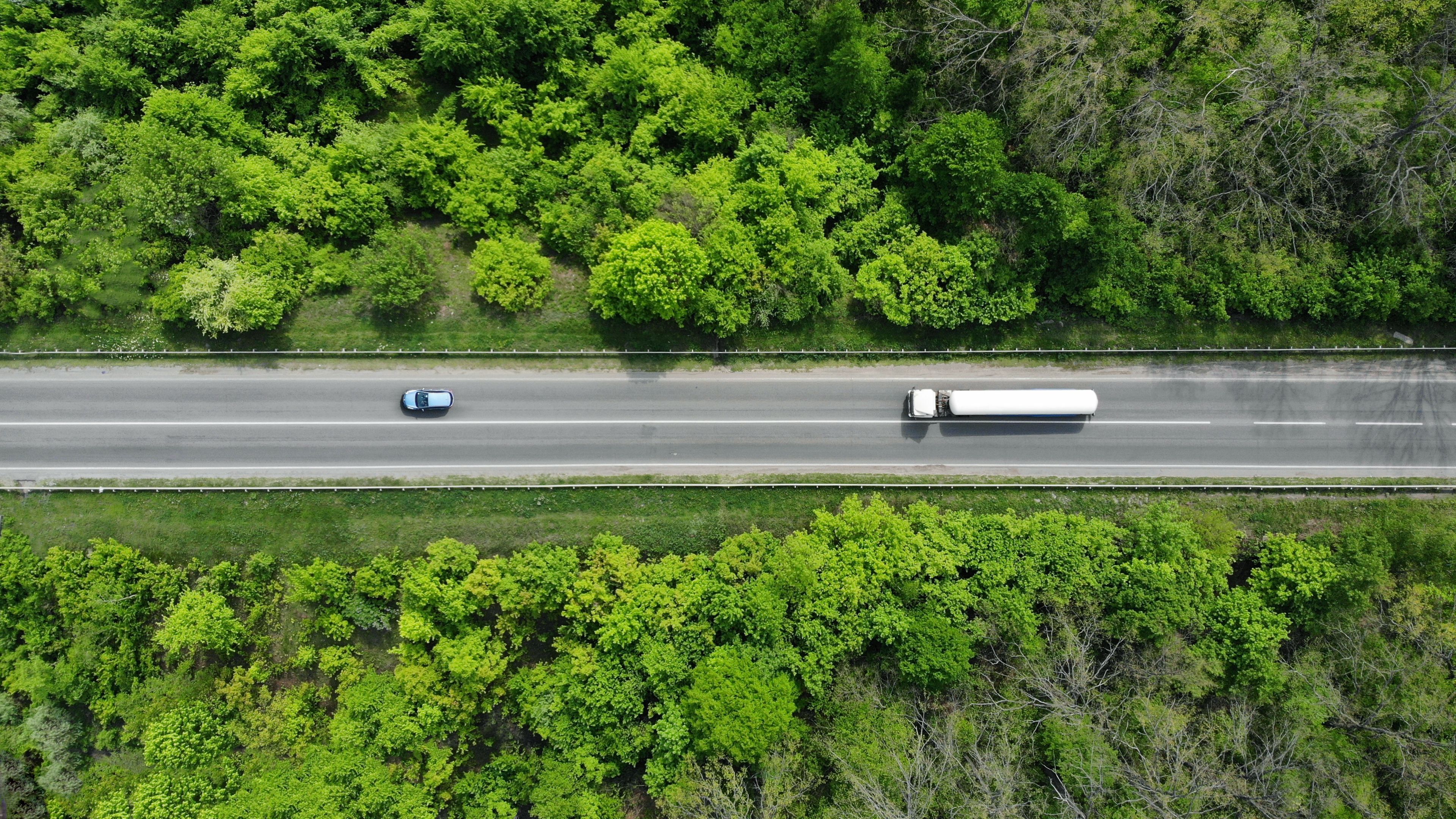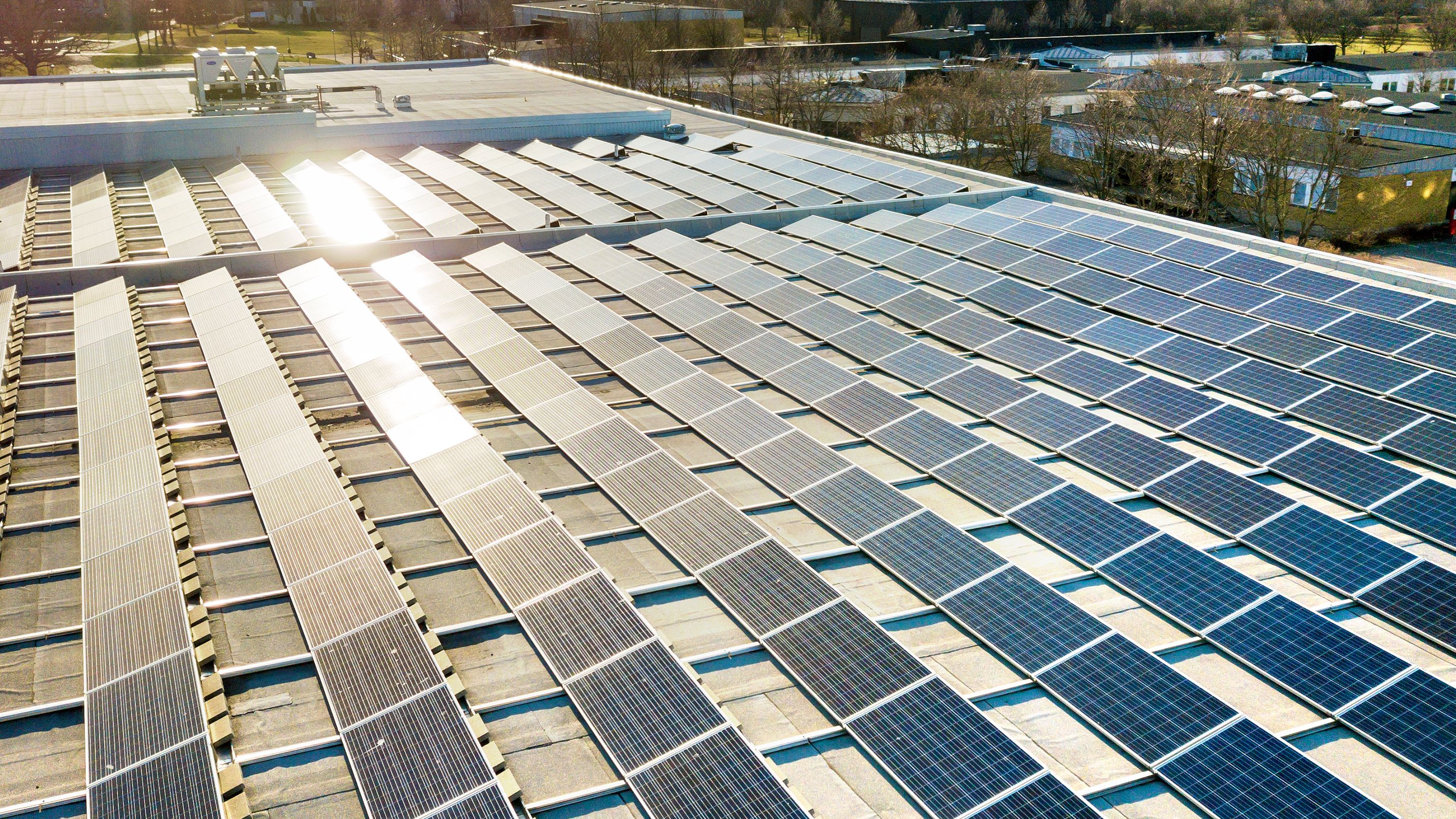

Our business activities have a significant impact on the climate and the environment and we strive to become a climate-neutral company. Today, seven out of the eleven ALDI SOUTH Group countries already operate climate-neutral. This is achieved through a reduction of greenhouse gas (GHG) emissions, the use of renewable energy, and the funding of certified carbon offsetting projects.
Forest protection in Brazil
Forests are not only among the planet's most important carbon reservoirs. They are also home to an enormous diversity of species and are the livelihood for local communities. This project is offering land to small farmers instead of soy plantations. The aim is to continue to preserve the rainforest and to provide its inhabitants - the “Ribeirinhos” - with land rights. This secures the livelihood of the local residents and saves around 3,000 hectares from deforestation.
Clean cook stoves in Ghana
In many of the world's poorer regions, families cook their meals over an open fire, often in enclosed spaces. This method of cooking is not energy efficient as large amounts of heat go to waste. Clean cooking stoves are simple devices made from metal or clay. Thanks to their better heat isolation, the clean cooking facilities enable the reduction of charcoal usage of up to 40%. This increases energy efficiency and decreases carbon emissions. Additionally the project helps to protect local forests, creates new job opportunities and improves health conditions for families.
Clean drinking water in Uganda
A clean drinking water supply has positive effects both on the climate and the health conditions of local communities. Broken boreholes are identified, repaired and maintained, which gives people access to clean drinking water without having to boil it. The project saves the carbon emissions that would result from boiling water, usually on open fires or inefficient stoves. It also improves people's living conditions and protects local forests by reducing firewood consumption.
Fight against plastic in the Philippines, Indonesia, Brazil and Haiti
Over 8 million tonnes of plastic waste flows into the ocean each year - the equivalent of one truckload per minute. ‘Plastic Bank’ fights against the increasing amount of plastic in the world‘s oceans by offering money for plastic. The plastic is then recycled and turned into new products. At the same time, a wind farm project in the Philippines is supported to realize the actual reduction of carbon emissions.
Solar energy in India
Replacing energy from fossil fuels with clean energy is an essential part of the fight against global warming. Since energy from solar panels is created without burning fossil fuels, it is considered emission-free. The solar power plant funded through this project contributes to making the Indian power grid greener. In addition, the operators of the plants are involved in various initiatives aimed at positively impacting the welfare of the local community.
Further projects are additionally supported on national level.


